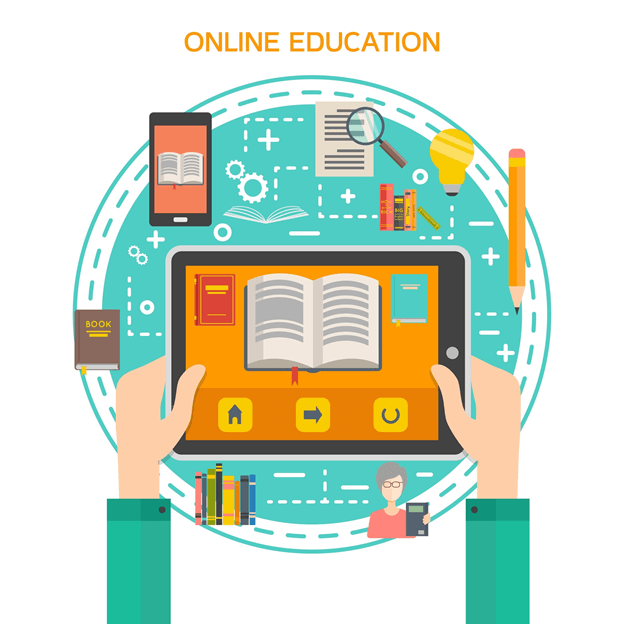Ed-tech startups are among the main drivers of change in education and learning. In several countries, the education system is the pillar and hence it undergoes changes to keep up with the world. Since the ed-tech sector was built on the premise that technology should be used in the way we learn, it plays a vital role in this context. Today, ed-tech companies are working towards transforming both, teaching and learning, with emphasis on changing how teachers and students gather, access, analyse, present and transmit information. Let us look at how they are shaping the future of education:

#1 New and exciting ways of presenting content
While the traditional academic content encourages linear learning where the student moves from one chapter to the other, it may not work for all students. Even though there is little that has changed in the school syllabus or the course material covered in competitive exams like NEET or IAS exam. What has changed is the different ways in which ed-tech startups present it. Ed-tech startups like Byju’s offer teaching one topic in more than one way, which caters to students with different learning abilities.
#2 Providing an enjoyable learning experience
Classroom learning, which is primarily a one-way communication streak may find itself difficult to hold the attention of all the students in the class. This makes learning an unenjoyable task. E-learning startups have created interactive educational products which stimulate the sensory system by staging a playful atmosphere for movement. This supports an environment for collaboration and teamwork among students, from the very beginning. As a result, students do not have to work hard to remember and recall concepts and can just replicate their experiences and improve upon them.
#3 Making room for blended learning
While e-learning has added a lot of value to the teaching process, the importance of human touch cannot be ignored. Thus, a mixture of offline and online learning techniques can enhance the learning experience for a student. EdTech start-ups like NeoStencil which offer IAS exam coaching for students who can experience classroom learning from the experts from the comfort of their home are becoming increasingly popular and are preferred over the vanilla online learning products. The most significant advantage of blended learning is that it provides a human connect between the instructor and the students, and yet provide an automated and personalized experience. In a blended learning format, instructors can be more like a mentor, rather than just being the teaching administrators and students can have their own, independent perspective about the information, rather than only copying their teacher’s views.
While many startups in the ed-tech sector are still in the nascent stages of their development, this sector has the potential to replace some of the obsolete models of teaching that are still used in schools today. But the good news is that they are headed in the right direction as modern education is much more than knowing the right answer in the exam. The true purpose of education will be achieved when students are empowered with problem-solving skills, ability to deal with high level of stress and expectations, professional values and ethics, which cannot be taught but need to be experienced.
Tags Edtech Education startups
Check Also
Why a Benefits Administrative System is Essential
For any firm, navigating the complexities of employee benefits management may be quite difficult. But …
 Infographic Portal New Infographics Resource Portal
Infographic Portal New Infographics Resource Portal
